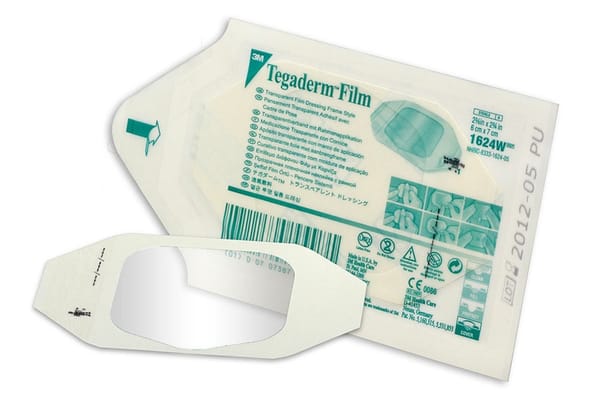The Hidden Chemical in Decaf Coffee: Should You Be Worried?
Learn about the safety concerns surrounding methylene chloride in decaf coffee and discover safer decaffeination methods like the CO2 process and Swiss Water method.

Decaffeinated coffee is a popular choice for those looking to reduce their caffeine intake. However, the methods used to remove caffeine from coffee beans can sometimes involve chemicals that raise health concerns. Let's explore whether these chemicals, specifically methylene chloride, are safe.
Decaffeination Methods and Their Implications
The Indirect Solvent Method
The most common method for decaffeinating coffee is the indirect solvent method, often referred to as the European method. This process involves:
- Boiling the coffee beans to extract caffeine.
- Soaking the beans in solvents like methylene chloride or ethyl acetate, which bind to the caffeine.
- Rinsing and drying the beans to remove any chemical residues before roasting.
Health Concerns with Methylene Chloride
Methylene chloride, a solvent used in the decaffeination process, has been under scrutiny due to its potential health risks. Here are some key points:
- Direct exposure can cause drowsiness, dizziness, numbness, and nausea.
- It is associated with eye, skin, liver, and heart damage.
- Classified as a carcinogen by major health organizations including the National Toxicology Program, the Environmental Protection Agency, and the World Health Organization.
FDA and Advocacy Groups' Stance
In 1985, the FDA estimated a very low cancer risk from methylene chloride in decaf coffee. However, recent advocacy suggests this assessment might be outdated due to increased coffee consumption sizes today. Environmental and health advocacy groups are pushing for a ban on methylene chloride in food products, citing unnecessary health risks.
Safer Alternatives
Fortunately, there are safer, chemical-free methods available for decaffeinating coffee:
- CO2 Decaffeination Process: Involves soaking beans and using carbon dioxide to remove caffeine.
- Swiss Water Method: Uses water to naturally extract caffeine over several hours without any chemicals.
Expert Opinions
Jaclyn Bowen, from the Clean Label Project, and Maria Doa, from the Environmental Defense Fund, emphasize the unnecessary risk posed by methylene chloride when safer alternatives exist. Bowen points out the particular risk to vulnerable populations such as pregnant women and individuals with health concerns.
Conclusion
While the risk associated with methylene chloride in decaffeinated coffee might be low, the availability of safer decaffeination methods makes its use questionable. For those concerned about chemical residues, choosing coffee decaffeinated via the CO2 or Swiss Water methods is a prudent choice.





